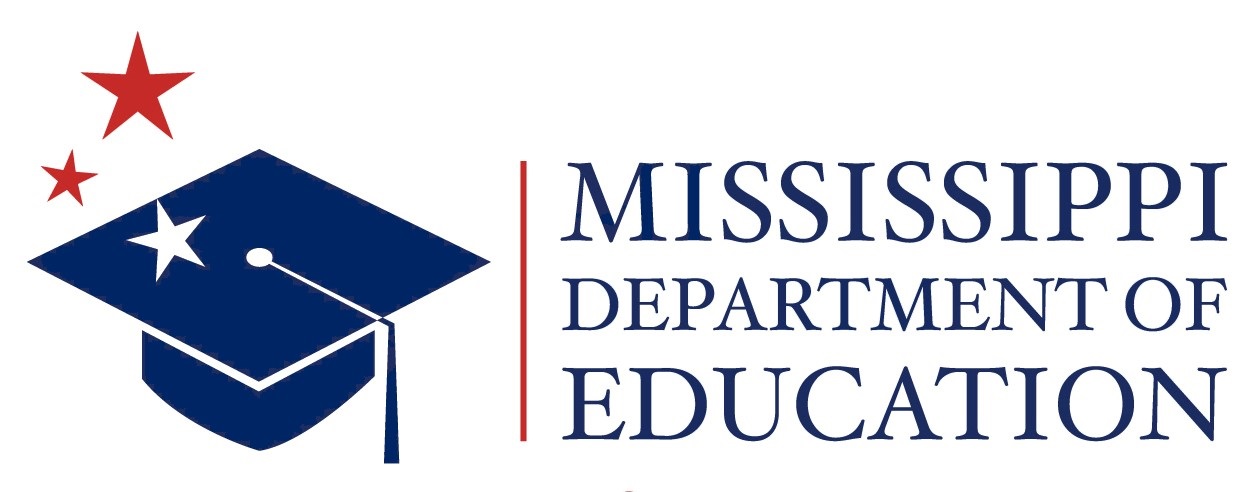June 1, 2016
CLINTON, Miss. – Mississippi sets strong expectations for high-quality professional learning for all educators and provides essential support for school districts through information, guidance and direct assistance to teachers who are helping students reach higher standards for college and careers, according to a report recently released by the Southern Regional Education Board (SREB).
Dr. Kim Benton, chief academic officer at the Mississippi Department of Education (MDE), said the positive review of the agency’s professional development initiatives shows that teachers and administrators have access to exemplary professional development opportunities in their regions.
“Our partnership with the Regional Education Service Agencies has greatly extended the reach of MDE. The feedback from teachers and administrators has been positive and they appreciate the quality of the training and the regional-based approach,” Benton said.
SREB researchers gathered information on 15 states’ implementation of learning standards for college and career readiness, including Mississippi, during spring and summer 2015. Researchers sought answers to this question: In 2014-15 and 2015-16, how has Mississippi fostered effective professional learning statewide for all educators on its college- and career-readiness standards, K-12, in English language arts (ELA) and math?
The researchers reviewed online sources and interviewed department leaders and educators to assess the state’s efforts. State efforts in each area fell into one of three levels of implementation:
- Minimal, indicating state leadership addresses some of the expected state actions
- Essential, indicating state leadership addresses the expected state actions SREB considers necessary for providing leadership and supporting local efforts
- Strong, indicating that in addition to the necessary state actions, state leadership offers substantial support to foster quality and consistency statewide
Based on the categories reviewed, Mississippi received the following designations on levels of implementation:
1. Establish Clear Expectations
Mississippi provides strong support.
- Mississippi adopted Learning Forward’s 2011 Standards for Professional Learning. These standards are widely accepted as embodying expectations that are rigorous, research-based, comprehensive and outcomes-oriented for educators and students.
- Mississippi’s 2015 Public School Accountability Standards established the accreditation requirement that districts must implement a professional development program aligned with the Learning Forward Standards for Professional Learning.
2. Provide Guidance, Technical Assistance and Other Support
Mississippi provides essential support.
- The MDE provides technical assistance through documents that help educators understand how to teach to the higher learning goals for college and career readiness.
- All districts can request professional learning in their schools and districts at no charge through a regional service delivery model of curriculum specialists.
- Quarterly and summer training opportunities for school leaders are provided.
- Online, on-demand resources are available to educators.
3. Other Professional Learning
Mississippi provides essential support.
- Teachers and principals in K-3 received intensive literacy training.
- Since the 2012-13 school year, the MDE has provided ongoing, job-embedded coaching and professional learning communities for teams of teachers at the 17 career and technical education centers across the state in partnership with SEDL (Southwest Educational Development Laboratory).
4. Use Data and Accountability for Continuous Improvement
Mississippi undertakes essential work in this area.
- The MDE regularly uses various types of data to inform its work.
SREB researchers made recommendations for Mississippi to consider in the future to build on its successes. The complete report can be found here.
Media Contact:
Patrice Guilfoyle, APR
Director of Communications
601-359-3706
Jean Cook, APR
Communications Specialist
601-359-3519



